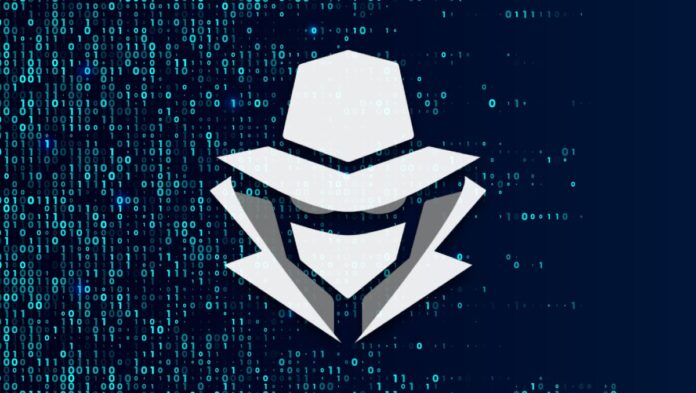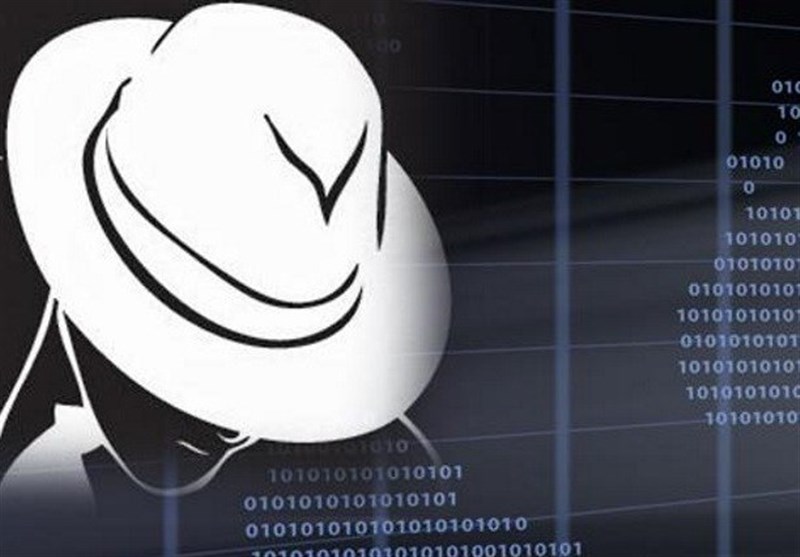
Imagine a battlefield where defenders tirelessly work to protect their digital territories against relentless invaders. This is the daily reality of cybersecurity, where White Hat professionals, or ethical hackers, use their skills to protect systems and networks from malicious attacks.
They are distinguished from their counterparts, Black Hat hackers, who exploit vulnerabilities for illicit gains by their virtuous intent and adherence to the law.
These guardians of cyberspace not only react to threats but proactively seek out weaknesses in IT infrastructures, spearheading resilience in the digital realm. A concept such as a Fortinet hack is misconstrued if perceived maliciously. In reality, it’s a simulation crafted by experts to bolster cybersecurity measures.
With cyber threats becoming more sophisticated, the strategies employed by ethical hackers must evolve at a similar pace.
These digital warriors use the latest knowledge and tools to forge an impenetrable front against potential cyber infringements. Their actions are pivotal in ensuring that personal, corporate, and national digital assets remain secure in an increasingly connected world.
The Evolution of Cyber Threats and White Hat Responses

The cyber world has witnessed a disturbing escalation in the frequency and complexity of attacks. In this digital arms race, ethical hackers confront a vast array of sophisticated tactics employed by cybercriminals.
From the early days of simple viruses and worms to today’s complex ransomware and nation-state-sponsored attacks, threats have diversified, calling for more advanced and dynamic White Hat responses.
Ethical hackers operate as the digital immune system, evolving in tandem with the pathogens of the cyber world to fend off attacks and ensure the health of technological ecosystems.
The evolution of cyber threats is not just a part of history but also a guidebook for contemporary security measures. The past harbors critical lessons that can preempt future vulnerabilities.
Core Principles of White Hat Security
At the heart of White Hat security are principles that align closely with an unwavering moral compass. Legal and ethical standards are the bedrock upon which ethical hacking is built. Professional White Hat hackers do not engage in morally dubious or illegal activities.
Instead, they navigate the precarious digital domain, understanding their responsibility to safeguard data and privacy.
Each action, each penetration test, and each security audit is measured against the yardstick of legal assurance and ethical sanctity. Quality work in this field is typified by a commitment to not harm while relentlessly pursuing security excellence.
Beyond their commitment to legality and morality, White Hat professionals understand the importance of continual education and training. Cybersecurity threats evolve quickly, and remaining on the frontline means keeping up with the newest trends in technology and hacking techniques.
This commitment to perpetual learning is not just beneficial but critical. It ensures that ethical hackers possess the freshest knowledge and the most refined tools to battle digital adversaries.
Tools and Techniques Used by White Hat Professionals

White Hat professionals, fine artisans of the digital spaces, employ various tools and techniques to shape a secure cyber world. Their arsenal includes rigorous penetration testing and proactively identifying and addressing vulnerabilities before malefactors can weaponize them.
Comprehensive security audits and adherence to international cybersecurity frameworks ensure organizations are reactive in addressing threats and proactive in preventing them. These systematic approaches are essential for maintaining the security of the organization’s digital assets and the trust of its users and stakeholders.
The Role of Bug Bounties and Disclosure Programs
Recognizing the mutual benefits of shared expertise in cybersecurity, organizations have embraced bug bounties and disclosure programs. These initiatives cultivate a culture of openness and collaboration between the corporate world and the ethical hacking community.
By incentivizing the responsible reporting of vulnerabilities, companies benefit from the discerning eyes of myriad White Hat practitioners, turning potential security weaknesses into opportunities for enhancement. Successful implementations of such programs have repeatedly demonstrated their value, bolstering the defenses of Fortune 500 companies and small businesses.
Challenges Facing White Hat Professionals
The cyber realm is beset with challenges that White Hat professionals must deftly navigate. They find themselves balancing offensive measures for vulnerability testing with the defensive need to protect sensitive information.
Moreover, the proliferation of connected devices and technological advancements such as the Internet of Things (IoT) and artificial intelligence expand the battlefield exponentially. This rapid technological change means that White Hat professionals must be experts today and continuously evolve to become tomorrow’s experts.
White Hat Security in Different Industries
The need for cybersecurity is both monolithic and static. Each industry faces distinct challenges and requires specific solutions. The financial sector, plagued by concerns of customer data breaches, requires stringent controls and sophisticated monitoring systems.
Healthcare, on the other hand, needs White Hat expertise to safeguard sensitive patient information while complying with stringent regulatory standards. Across all industries, the narrative is similar. The need for robust cybersecurity underpinned by White Hat practices is paramount.
Education and Career Paths in White Hat Security

The path to becoming a White Hat professional is both rigorous and rewarding. Individuals with a penchant for problem-solving, a passion for technology, and an unshakable ethical framework will find a welcoming home in ethical hacking.
Numerous educational avenues, from degree programs to industry certifications like CISSP and OSCP, provide the foundational knowledge and skills necessary to start this career.
The domain of White Hat hacking offers a cornucopia of career opportunities, ranging from penetration testers to security consultants, indicating a bright future for those who choose to don this digital white hat.
Future of White Hat Security
As cybercriminals become more inventive, so must the defenders of the digital domain. Innovations in cybersecurity strategies are critical for staying one step ahead. Leveraging the power of Artificial Intelligence and Machine Learning, White Hat professionals will increasingly be able to anticipate and prevent attacks proactively.
Cybersecurity is not static but a dynamic battlefield where adaptation and foresight are the keys to victory.
Anticipating the trajectories of cyber threats and preparedness strategies are central to ensuring digital security. The industry is witnessing an exciting phase of evolution with the integration of cutting-edge technologies poised to redefine the paradigms of cyber protection.
Pioneers in the field, such as those providing Threat Intelligence Insights from IBM, are prolific sources of information that aid in shaping the future of White Hat practices. Through this forward-thinking lens, the ethical hacking community is preparing to tackle the challenges of tomorrow.
Conclusion: The Vital Role of White Hat Practices in Safeguarding Our Digital World
The increasingly interconnected nature of our world amplifies the importance of White Hat professionals in preserving digital security and trust. Their immeasurable contribution to cybersecurity is a testament to their skill, dedication, and ethical approach.
As technology continues to integrate with every aspect of modern life, the role of White Hat practices becomes ever more critical. Encouraging the growth and recognition of these virtuous cyber sentinels is not just a measure of support. Still, it is an investment in our collective digital future, a future where security and privacy are not just expectations but assurances.








